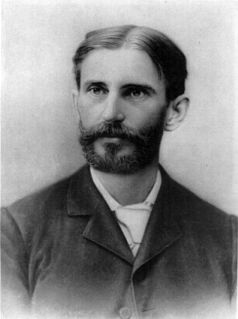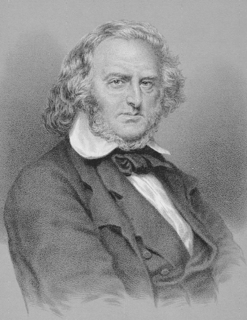A Quote by Anthony Giddens
A lifestyle involves a cluster of habits and orientations, and hence has a certain unity - important to a continuing sense of ontological security - that connects options in a more or less ordered pattern. (...) [T]he selection or creation of lifestyles is influenced by group pressures and the visibility of role models, as well as by socioeconomic circumstances.
Related Quotes
Learning to explain phenomena such that one continues to be fascinated by the failure of one's explanations creates a continuing cycle of thinking, that is the crux of intelligence. It isn't that one person knows more than another, then. In as sense, it is important to know less than the next person, or at least to be certain of less, thus enabling more curiosity and less explaining away because one has again encountered a well-known phenomenon. The less you know the more you can find out about, and finding out for oneself is what intelligence is all about.
Group selection and individual selection are just two of the selection processes that have played important roles in evolution. There also is selection within individual organisms (intragenomic conflict), and selection among multi-species communities (an idea that now is getting attention in work on the human microbiome). All four of these levels of selection find a place in multi-level selection theory.
My innovation message, specifically including energy, happened to be the same week that on Monday and Tuesday I announced the Breakthrough Energy Venture Group. Then on that Tuesday afternoon, in December, was when I sat down with him. I explained the US has great science here, this is where the market for these things is going to be. It connects to less pollution, it connects to U.S. jobs, it connects to security, not needing the energy coming from far away.
Patterns of repetition govern each day, week, year, and lifetime. 'Personal habits' is one term we use to describe the most common of these repeated patterns. But I say these habits are sacred because they give deliberate structure to our lives. Structure gives us a sense of security. And that sense of security is the ground of meaning.
New pressures are causing ever more people to find their main satisfaction in their consumptive role rather than in their productive role. And these pressures are bringing forward such traits as pleasure-mindedness, self-indulgence, materialism, and passivity as conspicuous elements of the American character.
































